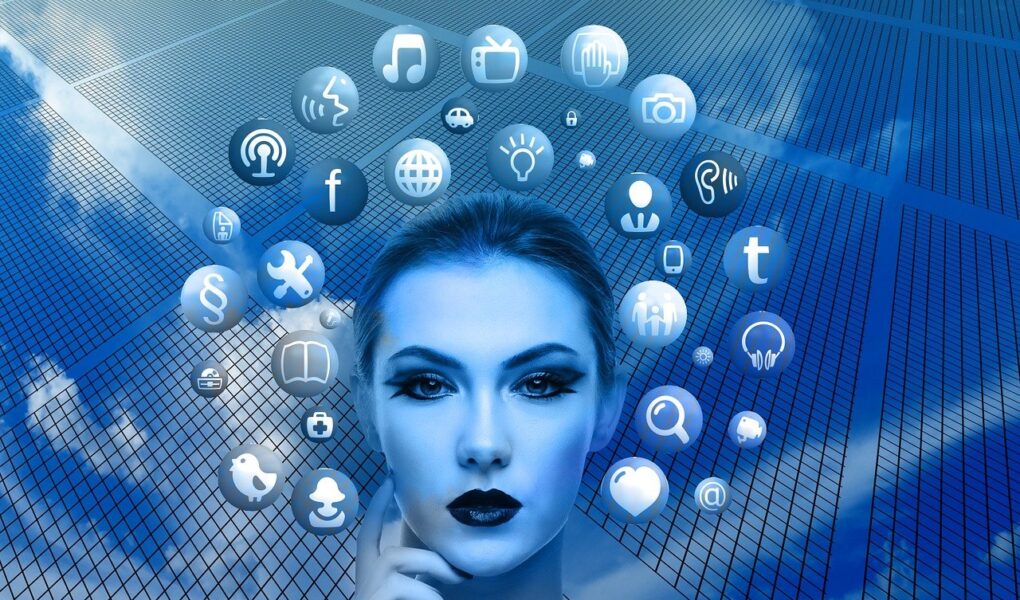From connected fridges to sensors in our bodies, tech giants have predicted the next big thing for the next decade. In their predictions for the future of the Internet of Things, they gave us better health, simple technology and more convenience
With the very first International Workshop on the Future of the Internet of Things in Chennai, where chief tech watchers and the movers and shakers from the world of tech convened to discuss the next big thing, the likes of Google and Microsoft, Facebook and Apple, were expecting big things.
These tech giants are certainly at the forefront of the movement, and have been trying to predict the impact of this movement and its future trajectory for a number of years now. At the workshop, they gave us some ideas on what we could expect the IoT to look like in the next ten years, and many of these are already present in some form or the other in our daily lives. Here’s what we can expect to be quite a technological revolution:
Sensors everywhere
Every element of the home and the contents of our lives will be linked to the internet, if it’s not already. We’ll be able to install sensors everywhere, from our fridges, our shoes, our clothing and even our bodies. They’ll gather data, from your blood sugar levels and height to your mood and behaviour, and from that data will emerge an understanding of how healthy or unhealthy you are, and what to do about it. Imagine if this all connected to catering software in Australia, which might be the only place to source a certain type of meat you serve as your specialty dish!
It’s only those with this type of foresight who are earmarked to make the best out of AI and the IoT.
More Sensors, Fewer Brains
Nike-funded Health and Performance Research Center is studying the role of music in exercise, using motion sensors to change the volume of the music when you run. Microsoft’s Cortana can tell when you’ve been working out, and alerts you to call your partner or boss.
Google Now can tell you when it’s best to go shopping, helping you to find the best deals for your groceries. The driverless car will be using all this information to predict where you’ll need to be.
Of course, they also talked about more brain-like tech, more like the Jarvis in the Iron Man films, but that’s another story altogether.
Home Automation
You might be surprised to learn that most of us don’t have devices that can truly be called “smart” and able to respond to voice or text commands. However, all this will change in the next decade, with the Internet of Things becoming an increasingly central part of our lives.
In particular, these home automation systems will be connected to the Internet of Things.
Voice control
Vestibular mechanosensors in the soles of your shoes will be able to measure your stride, and the beats per minute of your heart, before the algorithms can detect it. They’ll then adjust the movement of the shoe, and there’ll be no more problems with worn-out running shoes, or those with bunions. It’ll be easy, but comfortable, and certainly faster and easier than a simple pedometer.
You’ll also be able to communicate with these devices by just talking to them, using one of the many other methods available at your disposal.




